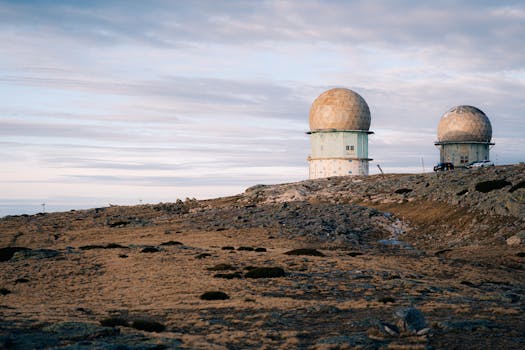
GEO Satellites: Understanding the Technology and Its Applications
GEO satellites, or Geostationary Earth Orbit satellites, are a type of satellite that orbits the Earth at an altitude of approximately 36,000 kilometers. At this altitude, the satellite’s orbital period matches the Earth’s rotational period, allowing it to remain stationary above a fixed point on the Earth’s surface. GEO satellites have been used for a variety of applications, including telecommunications, navigation, and weather forecasting.
The technology behind GEO satellites is complex and involves a range of systems and components. The satellite itself is typically equipped with a range of instruments, including antennas, transponders, and propulsion systems. The antennas are used to transmit and receive signals, while the transponders are used to amplify and re-transmit the signals. The propulsion systems are used to maintain the satellite’s position and altitude.
History of GEO Satellites
The first GEO satellite was launched in 1963, and since then, hundreds of GEO satellites have been launched into orbit. The early GEO satellites were used primarily for telecommunications, but as the technology improved, they began to be used for other applications, such as navigation and weather forecasting. Today, GEO satellites play a critical role in many aspects of modern life, from providing television and internet services to enabling global navigation and weather forecasting.
The development of GEO satellites has been driven by advances in technology, including improvements in materials, propulsion systems, and instrumentation. The use of more efficient propulsion systems, such as ion engines, has allowed satellites to be launched into orbit using less fuel, reducing the cost and increasing the lifespan of the satellite. The development of more advanced instrumentation, such as high-resolution cameras and spectrometers, has also enabled GEO satellites to provide more detailed and accurate data.
Applications of GEO Satellites
GEO satellites have a range of applications, including telecommunications, navigation, and weather forecasting. In the field of telecommunications, GEO satellites are used to provide television and internet services to remote and underserved areas. They are also used to provide backup communications services in the event of a disaster or outage.
In the field of navigation, GEO satellites are used to provide location and timing information to GPS receivers on the ground. This information is used to determine the receiver’s location and velocity, and is critical for a range of applications, including aviation, maritime, and land transportation.
In the field of weather forecasting, GEO satellites are used to provide images of the Earth’s weather patterns. These images are used to track the movement of storms and other weather systems, and to predict the weather. GEO satellites are also used to monitor the Earth’s climate, tracking changes in temperature, sea level, and other indicators of climate change.
Future of GEO Satellites
The future of GEO satellites is likely to be shaped by advances in technology and changes in the market. The development of new propulsion systems, such as advanced ion engines, is expected to enable the launch of more efficient and longer-lived satellites. The use of more advanced instrumentation, such as high-resolution cameras and spectrometers, is also expected to enable GEO satellites to provide more detailed and accurate data.
In addition, the growing demand for telecommunications and navigation services is expected to drive the launch of more GEO satellites in the coming years. The use of GEO satellites for new applications, such as Earth observation and space exploration, is also expected to increase.




